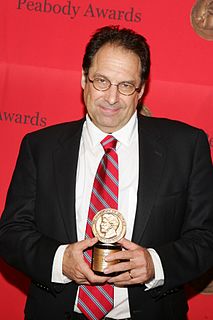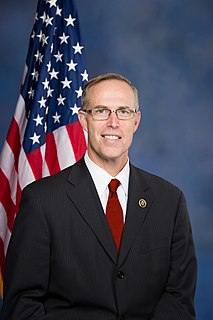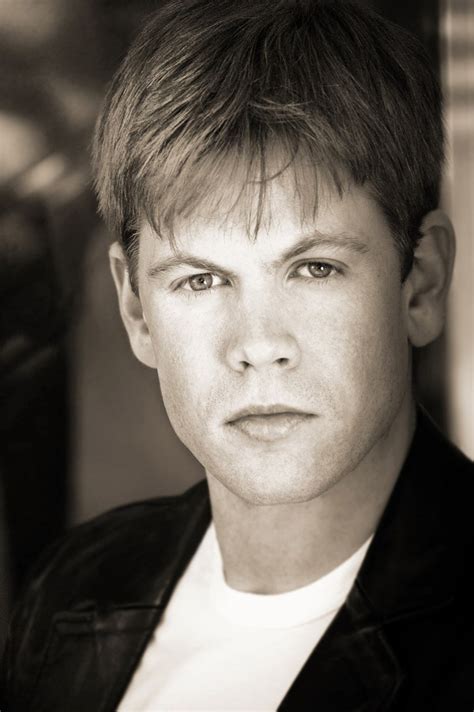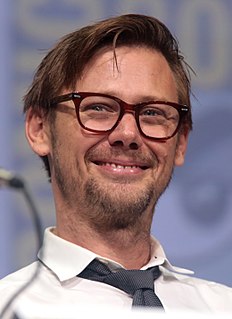A Quote by David Milch
As a writer, I don't have a sense of my own position. I try to disappear and not to think of myself at all when I'm working.
Related Quotes
I suppose each of us has his own fantasy of how he wants to die. I would like to go out in a blaze of glory, myself, or maybe simply disappear someday, far out in the heart of the wilderness I love, all by myself, alone with the Universe and whatever God may happen to be looking on. Disappear - and never return. That's my fantasy.
what a writer does is to try to make sense of life. I think that's what writing is, I think that's what painting is. It's seeking that thread of order and logic in the disorder, and the incredible waste and marvelous profligate character of life. What all artists are trying to do is to make sense of life.
I was working within a figurative representational framework, and there was a sense of reading the painting as a transparency, or truth, or autobiography, which I think is partially the burden of artists of color - or women, or anybody who is representing a so-called minority position. Are you actually telling a true story, or your own story? You don't just get to tell a story. The readings of the work didn't necessarily conform to my own understanding of mythology, where violence and eroticism and the body and all of these different forms coexist all the time.
A serious life, by definition, is a life one reflects on, a life one tries to make sense of and bear witness to. Truth in a memoir is achieved not through a recital of actual events; it is achieved when the reader comes to believe that the writer is working hard to engage with the experience at hand. What happened to the writer is not what matters; what matters is the large sense that the writer is able to make of what happened.




































